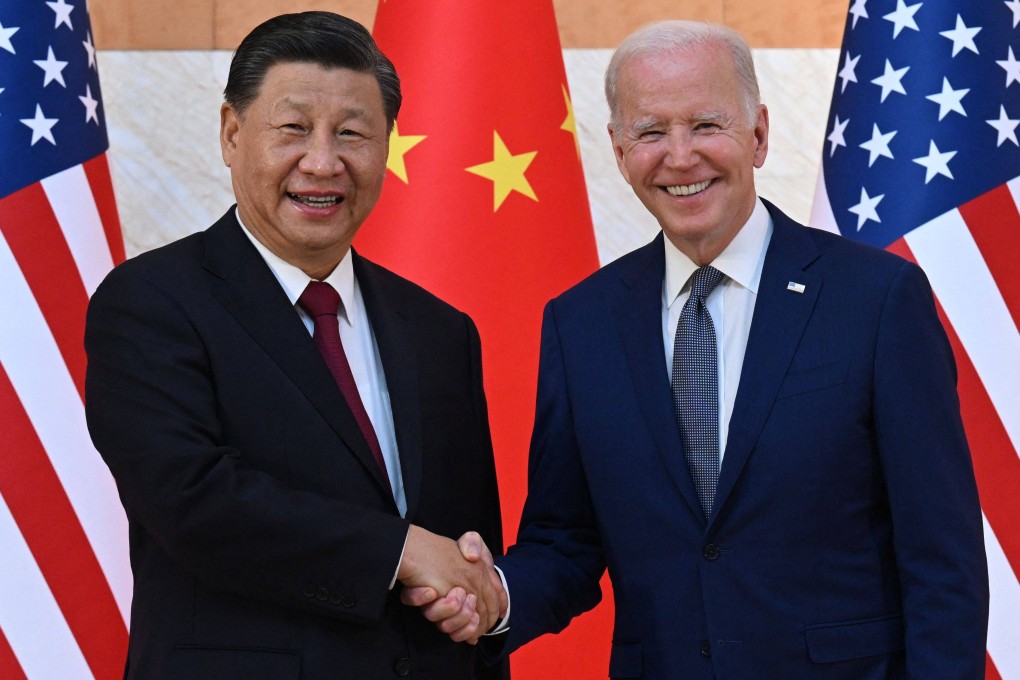Advertisement
Opinion | US-China relations: 3 things a Xi-Biden summit should aim to achieve
- Despite the dismal state of bilateral ties, Xi and Biden should seek agreement on some realistic deliverables, underscore aspirational goals, and lay the foundations for a new institutional framework for engagement
Reading Time:4 minutes
Why you can trust SCMP

All eyes are on the upcoming leaders’ meeting of the Asia-Pacific Economic Cooperation (Apec) forum, to be held in San Francisco from November 11-17. And with good reason: there is a distinct possibility that US President Joe Biden and Chinese President Xi Jinping will meet on the sidelines of this pan-regional gathering, a year after their last summit in Bali on the eve of the annual G20 summit.
The Bali meeting accomplished little. While Biden and Xi agreed to set a “floor” for the deteriorating Sino-American relationship, the outcome has been anything but stable. Less than three months after the Bali summit, the US downing of a Chinese balloon was followed by a freeze in diplomatic engagement, additional sanctions on Chinese technology, and several close calls between the world’s two most powerful militaries.
Meanwhile, the US Congress has turned up the heat on Taiwan, and Xi accused the United States of implementing “all-around containment”. Some floor!
Advertisement
Another Biden-Xi summit could be a sorely needed second chance. Both sides appear to be hard at work preparing. Unlike the Bali meeting, the San Francisco summit must be scripted for success. With the US-China relationship in serious trouble, and a war-torn world in urgent need of leadership, the upcoming summit should pursue three key objectives.
The first is deliverables. Notwithstanding America’s revisionist aversion to engagement with China – in effect, blaming the current conflict on decades of “appeasement” that began when China joined the World Trade Organization in 2001 – it is critical to find common ground on which to re-establish constructive dialogue.
Advertisement
The focus should be less on sloganeering – last year’s “floor” or this year’s “de-risking” – and more on clear and achievable objectives. This could include reopening closed consulates (for example, the US consulate in Chengdu and the Chinese consulate in Houston), relaxing visa requirements, increasing direct air flights, and restarting popular student exchanges (such as the Fulbright programme).
Advertisement
Select Voice
Select Speed
1.00x
